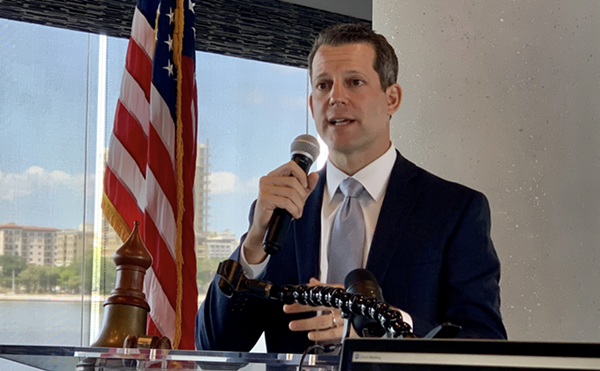Let’s face it, the world today works on a grab-and-go system where plastic bottles are utilized for their ability to easily transfer water from point A to point B, whether that point B is school, work, or the gym. Water is seen as the miracle hydration liquid with zero calories. Something everyone can carry around guilt free. And with the manufacturing of plastic bottles, water in a bottle becomes the handy solution to the fast-paced, health conscious population of today.
But we all know the havoc these plastic abominations can cause to our environment. Thanks to Al Gore, terms like “Global Warming” and “ozone layer” are common subjects today. Many of you, to offset the problem of plastic bottle waste, have set yourselves to the habit of refilling the bottles. But before you head to the nearest water fountain or sink and refill that bottle, there is something you should know.
Risks
A hard plastic called polyethylene terephthalate (PET) makes the reuse of plastic water and soda bottles dangerous since the structure was never made to be reused on any level. So those who like to refill their water bottles out of habit are taking a dangerous risk to their health. Essentially, your mouth leaves behind a filmy substance that is composed of bacteria (thanks to back washing). The bacteria, if not destroyed by proper cleaning, will multiply in size and cause symptoms of stomach aches, head aches, fatigue, fever, and if a person has a weak immune system, the bacteria in the bottle enables other worse bacteria to grow and cause diseases.
















